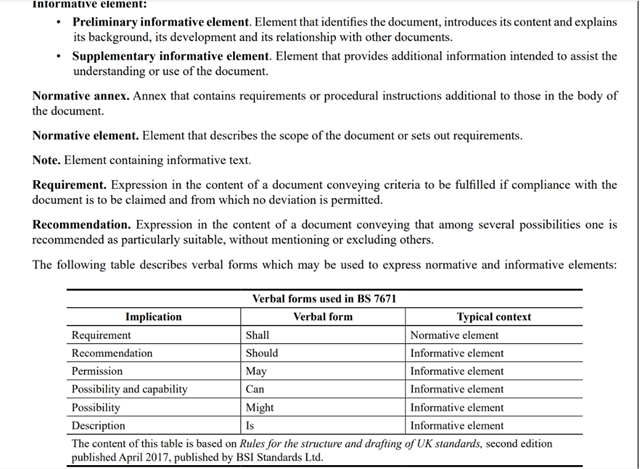In this video: https://youtu.be/aoWuEnvLa3I the term 'recommended' in 7671 is taken to mean that doing nothing is not an option, so applying that to AFDDs means that we have to install them on socket ccts up to 32As in all premises, not just those defined in 7671, unless we can show that AFDDs are not required or their absence is not a problem.
So do you agree with the interpretation and its implication(s)?
F


